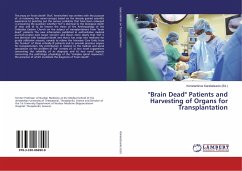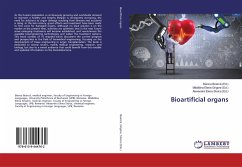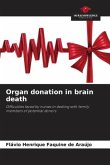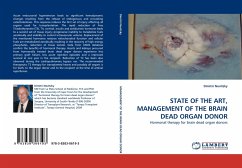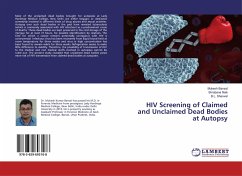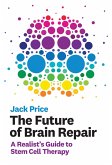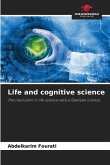This essay on "brain death" ("bd", hereinafter) was written with the purpose of: a) reviewing this novel concept based on the already gained scientific experience b) pointing out the serious problems that have been emerged c) answering the question whether "bd" is identical to the biological death of man and d) to be known the views of the Anthropology of the Orthodox Eastern Church on the subject of transplantations from "brain dead" patients. The new information published in authoritative medical journals creates even larger concern and shows more clearly that "bd" is not identical with biological death and that it has crept into medicine for purely utilitarian reasons, namely to relieve the Intensive Care Units from the "burden" of these critically ill patients and to provide precious organs for transplantation. My contribution in relation to the medical and social speculation on the problem of "bd" consists of: a) two novel suggestions concerning the reliability of its diagnosis and b) two novel aspects concerning the pathologic physiology of the "complex spinal responses", the presence of which invalidate the diagnosis of "brain death".

